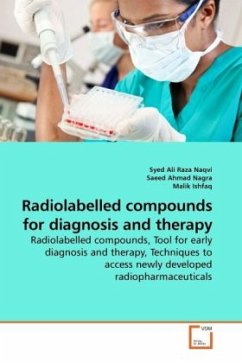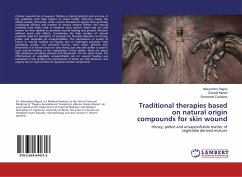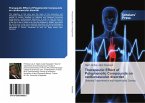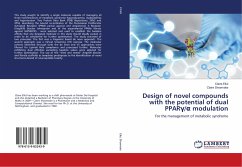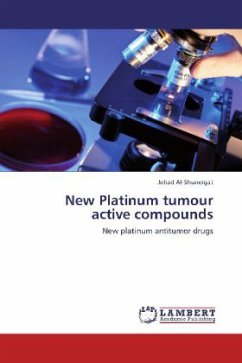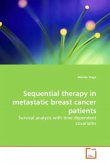Until now more than one hundred forms of cancer and variety of infection have been recognised and almost every second tissue in the body can become a source of one type of malignancies or even of several types. The chance of recovery of tumour depends upon the stage and the type of the tumour that is primary or secondary (metastatic). The selection of treatment technique in tumour therapy is critical in giving the patient the best possible prognosis. Today commonly known strategies to treat cancer patients are surgery, external radiation therapy and chemotherapy, regardless of its limited effectiveness in metastasis stage of cancer. Surgery can often prove very effective in removing primary tumours but can do little in terms of micro-metastasis and discovering small or inconspicuous neoplasms. This is being the primary focus of target specific radionuclide therapy. Selective delivery of the radionuclide at the site of malignancies would make therapeutic radiopharmaceuticals a suitable addition to other existing strategies. The study should help nuclear medicine students/researchers in accessing the newly developed radiopharmaceuticals for diagnosis.
Bitte wählen Sie Ihr Anliegen aus.
Rechnungen
Retourenschein anfordern
Bestellstatus
Storno

